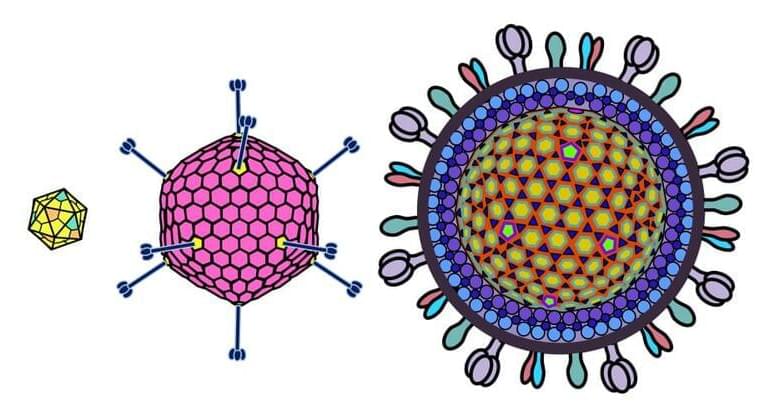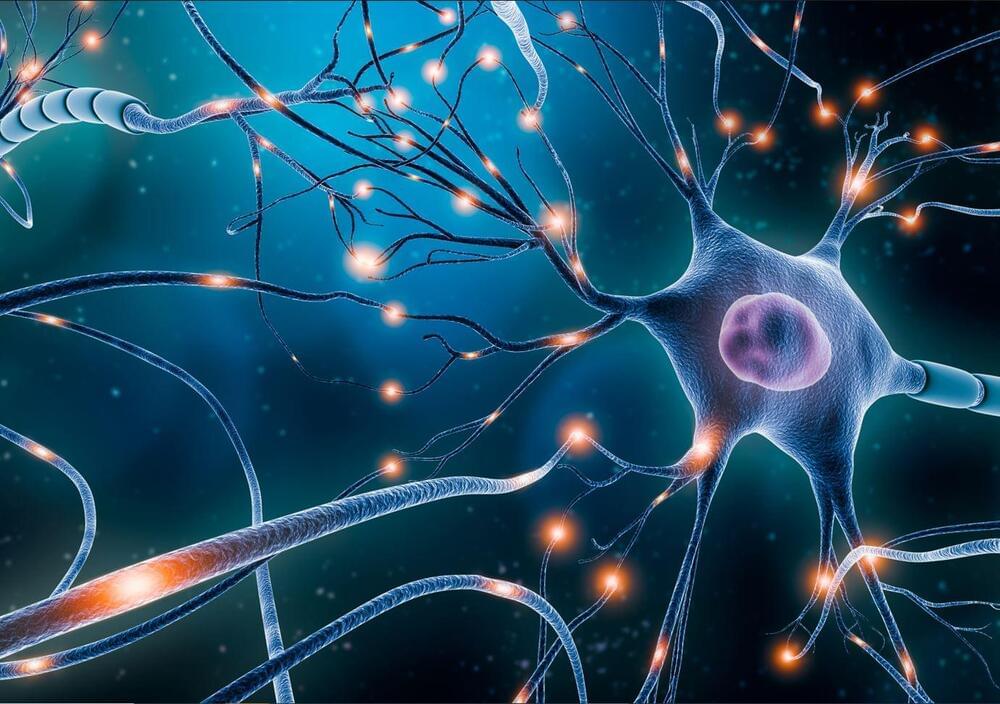Jul 28, 2022
#58 Dr. Ben Goertzel — Artificial General Intelligence
Posted by Dan Breeden in categories: biological, blockchains, information science, neuroscience, physics, robotics/AI, singularity
Patreon: https://www.patreon.com/mlst.
Discord: https://discord.gg/ESrGqhf5CB
The field of Artificial Intelligence was founded in the mid 1950s with the aim of constructing “thinking machines” — that is to say, computer systems with human-like general intelligence. Think of humanoid robots that not only look but act and think with intelligence equal to and ultimately greater than that of human beings. But in the intervening years, the field has drifted far from its ambitious old-fashioned roots.
Continue reading “#58 Dr. Ben Goertzel — Artificial General Intelligence” »

















